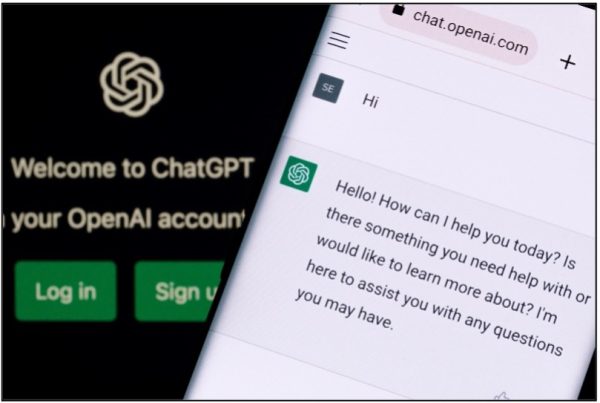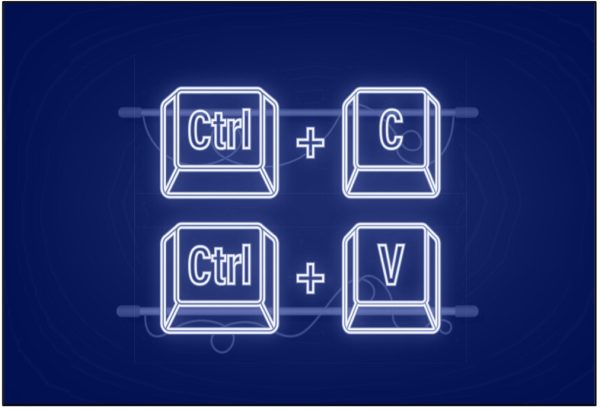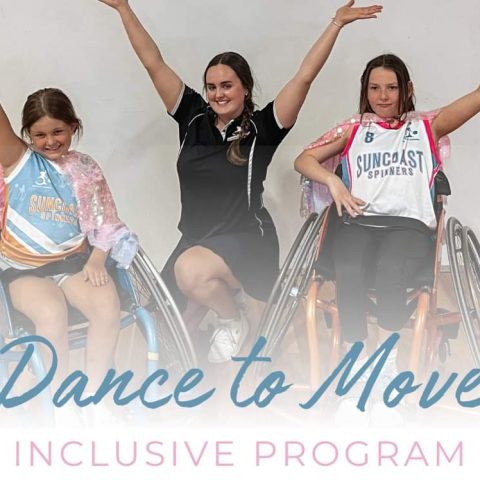Our PR Director, Michelle Smytheman, is passionate about helping emerging professionals in the communications industry and teaches at the University of the Sunshine Coast. As part of an assessment task this year, there have been some excellent blogs written by first-year students about emerging business trends. We are proud to share their work.
By Zax Cox
 ChatGPT, a man’s best friend. Well. It seems that way, doesn’t it. This new and emerging piece of AI has quickly changed the way all of society, but specifically, how academics see their way of learning. For those who may not be aware, ChatGPT is essentially an advanced chat bot which has adaptive capabilities, in order to give the user the most efficient experience. This piece of AI has created an issue, and not an issue that can be fixed either.
ChatGPT, a man’s best friend. Well. It seems that way, doesn’t it. This new and emerging piece of AI has quickly changed the way all of society, but specifically, how academics see their way of learning. For those who may not be aware, ChatGPT is essentially an advanced chat bot which has adaptive capabilities, in order to give the user the most efficient experience. This piece of AI has created an issue, and not an issue that can be fixed either.
Students wanting to cheat? No problem. This chat bot is pretty much an individual tutor. Whether this be maths, science, or even writing a 2000 word essay on ice cream, you name it, this chat bot can do it all.  You may think that ChatGPT will lead to failure if it is used in assessment pieces, however, ChatGPT 4.0 has been seen to have passed the New York Bar exam, which is the exam lawyers must pass before being able to become a licenced lawyer in the US. So, are Universities across the world afraid of this AI? I think yes. You might argue that Universities have software in place to detect ChatGPT and its assistance in creating assessment, in which there is some software that has caught up to detect this, such as GPT ZERO. But, with AI becoming more and more advanced as the days go by, there will be ways to get around this. Such as using other AI tools to rewrite the piece that ChatGPT has created in the first place.
You may think that ChatGPT will lead to failure if it is used in assessment pieces, however, ChatGPT 4.0 has been seen to have passed the New York Bar exam, which is the exam lawyers must pass before being able to become a licenced lawyer in the US. So, are Universities across the world afraid of this AI? I think yes. You might argue that Universities have software in place to detect ChatGPT and its assistance in creating assessment, in which there is some software that has caught up to detect this, such as GPT ZERO. But, with AI becoming more and more advanced as the days go by, there will be ways to get around this. Such as using other AI tools to rewrite the piece that ChatGPT has created in the first place.
So then, what’s so bad about ChatGPT? Well, students attending university and even high school can potentially use this tool in a way that academics will need to adapt, in order to create a new learning style. Why is this you ask? With the assistance of ChatGPT, students can simply find out any piece of information with a few key presses. Could this be seen as a competitive advantage? So why should they attend classes if they simply can be educated via this AI? This tool will result in students losing motive in regards to their learning. I mean, why show up to class when all the information you learn will be on ChatGPT? This AI tool has offered a quick and easy competitive advantage when compared to learning things the ‘original’ way.
Student motive is going to fall off. Simple as that. Universities and high schools are going to struggle with keeping up with ChatGPT, as it’s only the beginning. Before we know it, this AI tool will be able to create essay’s in seconds, with complete and correct references as well. Students will simply utilise this, which can lead to potentially improved results, all because of a few keystrokes. If this is the case, what would be the point of going to school/uni? If students can learn everything they need to fast and easy, their motive will slack off. But what does this mean for universities and schools? Schools could potentially see lack of attendance and engagement in class, due to ChatGPT. Whereas in universities, students may become reliant on this AI tool, meaning they will lose their basic academic skills. The issues surrounding student motive could go on forever, but regarding the bigger picture, think about future employment across the globe.
With current and future students relying on ChatGPT, what about when they seek employment in the future? Simply put, the individuals skillset will be very minimal, especially surrounding jobs that require innovative and rational thinking. As much as ChatGPT offers a competitive advantage compared to ethical learning practices, what is the overall outcome of this? As much as this question is important, it won’t be answered until who I like to call, the AI Generation, shall join the working world.
ChatGPT has set itself apart from all AI tools, even textbooks if we think about it. ChatGPT pretty much has access to all online resources, including some textbooks and journal articles. You see how I said some back then? Yes, some, meaning that although this tool has seen to give students a competitive advantage, it doesn’t yet have access to all textbooks and articles created by many academics worldwide.
This AI tool is going to create a lot of issues for many educational institutions. In my opinion, I think this AI is going to become a part of most academics everyday life, and they will have to involve this tool with the course content they teach. This is a dangerous but exciting time when talking about AI and its capabilities, however, from a business perspective, Open AI have created a product that majority of students utilise, therefore creating a competitive advantage compared to any previous AI tools that are out there.




